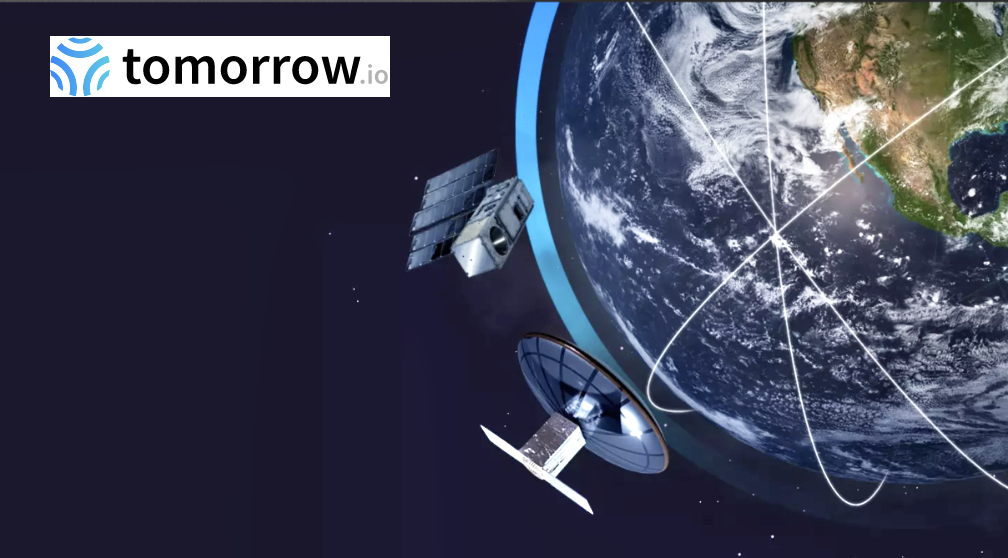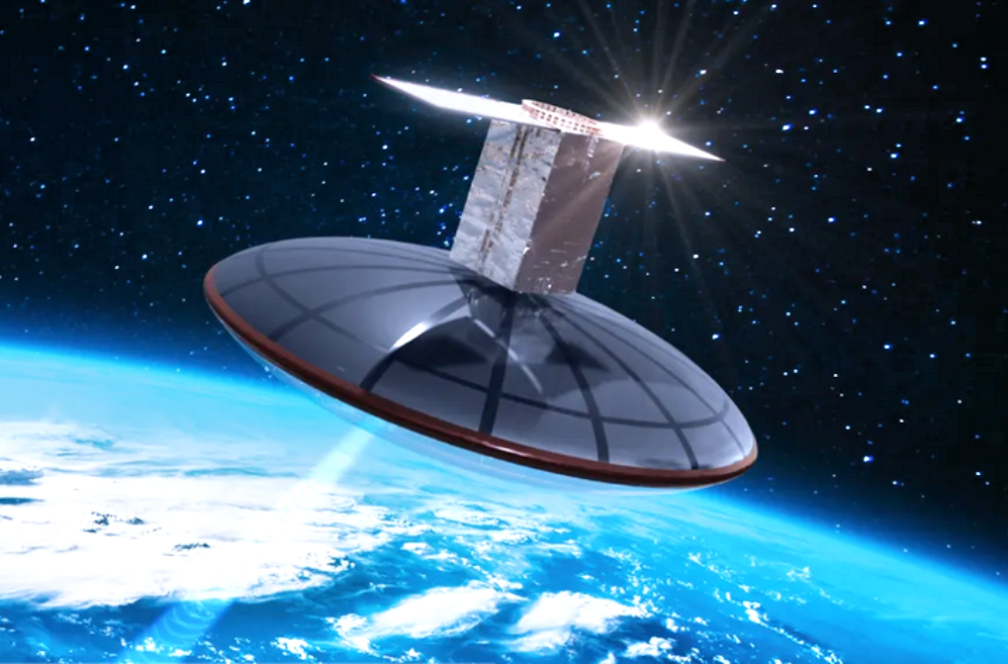
The Tomorrow Companies Inc. (“Tomorrow.io”) has revealed their plans to introduce microwave sounders as an additional sensor to the firm’s planned satellite constellation.
The addition of microwave sounders to the company’s constellation of radar-equipped weather satellites would create the first commercial multi-sensor, weather satellite system owned and operated by a private company.

The combined sensing capabilities from radars (active microwave sensors) and sounders (passive microwave sensors) will allow Tomorrow.io to acquire multiple types of near real-time, global atmospheric data critical to improving weather forecasts. The data, when fed into Tomorrow’s proprietary models and its Weather and Climate Security software platform, is expected to enhance the ability of organizations to proactively prepare for and mitigate the business impact of weather. Tomorrow.io will also offer data-as-a-service to government agencies worldwide.
Tomorrow.io previously announced plans to launch a first-of-its-kind constellation of radar-equipped satellites to collect global precipitation data with hourly revisit rates. Radar provides vital observations of the global water cycle for weather forecasts. Yet, much of the world lacks ground-based radar coverage with virtually no coverage across the oceans, limiting the ability to generate reliable weather alerts.
Augmenting the company’s planned satellite constellation with microwave sounders would further improve the global revisit rate for precipitation data and enable the acquisition of additional measurements such as three-dimensional temperature and water vapor profiles at an unprecedented refresh rate. This enhancement is expected to dramatically improve hurricane forecasting, flood alerts and natural disaster management.
Earlier this month, Tomorrow announced the successful completion of a critical design review (CDR) of its proprietary weather radar satellites with the U.S. Air Force (USAF). Last year, the USAF awarded a $19.3 million contract to Tomorrow.io to support development of the company’s first four, weather satellites. The first satellites are expected to launch in late 2022, with a full constellation expected to be on-orbit by 2024.
“A multi-sensor satellite constellation composed of both active and passive microwave instruments would allow us to observe the global atmosphere in near real-time. This paves the way to improving access to weather forecasting for everyone,” said Rei Goffer, Co-founder and Chief Strategy Officer of Tomorrow.io. “The dual-sensor approach is a critical step in accomplishing our core mission of providing weather intelligence to businesses, countries, and individuals around the world to enable climate adaptation at scale.”
Tomorrow.io is The World’s Weather and Climate Security Platform, helping countries, businesses, and individuals manage their weather and climate security challenges. The platform is fully customizable to any industry impacted by the weather. Customers around the world, including Uber, Delta, Ford, National Grid, and more use Tomorrow.io to dramatically improve operational efficiency. Tomorrow.io was built from the ground up to help teams prepare for the business impact of weather by automating decision-making and enabling climate adaptation at scale. To learn more, please go to: www.tomorrow.io
